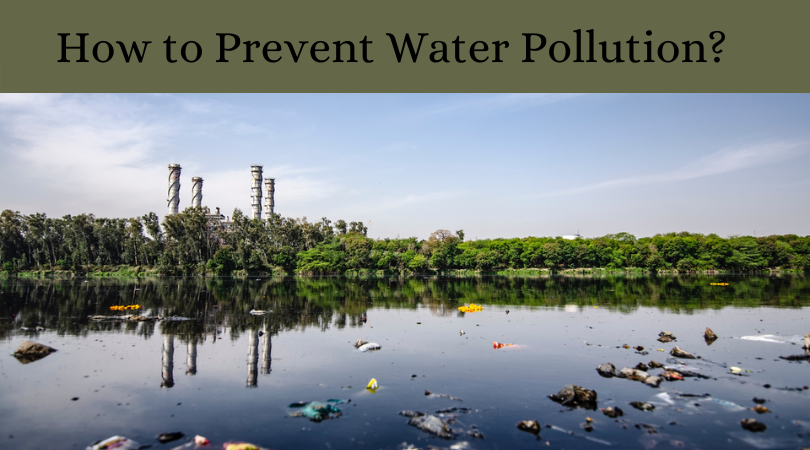How to Prevent Water Pollution?
 Water pollution is a global problem. First of all, the government and local authorities should be interested in solving the problem, but each of us can also help. The first step is to get interested in the problem and try to study the issue.
Water pollution is a global problem. First of all, the government and local authorities should be interested in solving the problem, but each of us can also help. The first step is to get interested in the problem and try to study the issue.
Types of water pollution
Water pollution with nutrients
Wastewater is often contaminated with nutrients that, when released into the water, trigger the growth of weeds and algae. These plants, in turn, often clog filters, make the water unfit for drinking and consume large amounts of oxygen, as a result of which aquatic organisms die due to oxygen starvation.
Surface water pollution
Surface waters include rivers, bays, oceans and lakes. Chemicals getting into water are elementary scattered and pollute its volume and surface.
Contamination of groundwater
Fertilizers and pesticides from fields during rainfall and irrigation dip into deeper soil layers and pollute groundwater. When choosing a place for a well, first check the soil for groundwater contamination, otherwise, a well may be a waste of money.
Microbiological contamination
Water may be unfit for use even if it has not been chemically contaminated. In open sources, viruses and bacteria live that are dangerous to humans. Unfortunately, in a number of poor countries, people are forced to drink water directly from rivers without purifying, therefore in these countries there is a large rate of diseases and even deaths due to poor quality of drinking water.
Chemical pollution
Factories empty production waste into rivers sometimes without proper purifying, sometimes even illegally. Metals and solvents pollute the water catastrophically. These poisons slow down the development of aquatic fauna, can make aquatic life infertile and even kill them.
Gasoline and oil leakage
Oil and gasoline getting into water in one local place spread over kilometers. Oil leakage leads to the death of fish, sticks together the feathers of birds, from which they lose the ability to fly and become more susceptible to cold. So, in Australia this year, penguins caught in the oil spill suffered. But the Australian Penguin Rescue Fund has found a solution to the problem – sweaters have been sewn for the penguins that prevent them from pecking toxic waste from the body and warm the birds.
How to control water pollution?
The first step is to protect yourself from the negative effects of polluted water. The reverse osmosis water purification system can help with this, as the most advanced purification technology at the moment. Here are the steps that each of us can take in order to reduce or even stop global water pollution.
Use water wisely
Turn off the tap when water is not needed, save water when bathing and when washing dishes. Do not think that you do not have a meter and you will pay a fixed amount for utilities, regardless of the amount of water used.
Think that, in this way, you reduce the amount of dirty water, which is then discharged into the rivers without proper purification, after which the same water is filtered at city stations and flows back to your water supply.
Not everything can be poured into the sink
Don’t throw chemicals, medicines, paint and oil down the sink or toilet – these are the toughest contaminants to fight. Throw away all of the above in the trash can. Buy environmentally friendly cleaning products.
More and more environmentally friendly detergents are now available: phosphate-free laundry detergents, less-chemical dishwashing detergents and other household products. Pay attention to them if you want to contribute to the future of ecology.
Switch to organic fertilizers
If you have your own garden, then try to use less pesticides and chemical fertilizers. Pesticides are one of the major pollution problems in our tap water that chlorine cannot deal with. As a result of irrigation of fields, pesticides enter deeper soil layers and mix with underground sources. It is better to use humus and natural fertilizers, which are pre-collected in a compost pit or barrel.